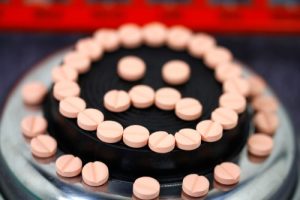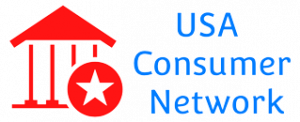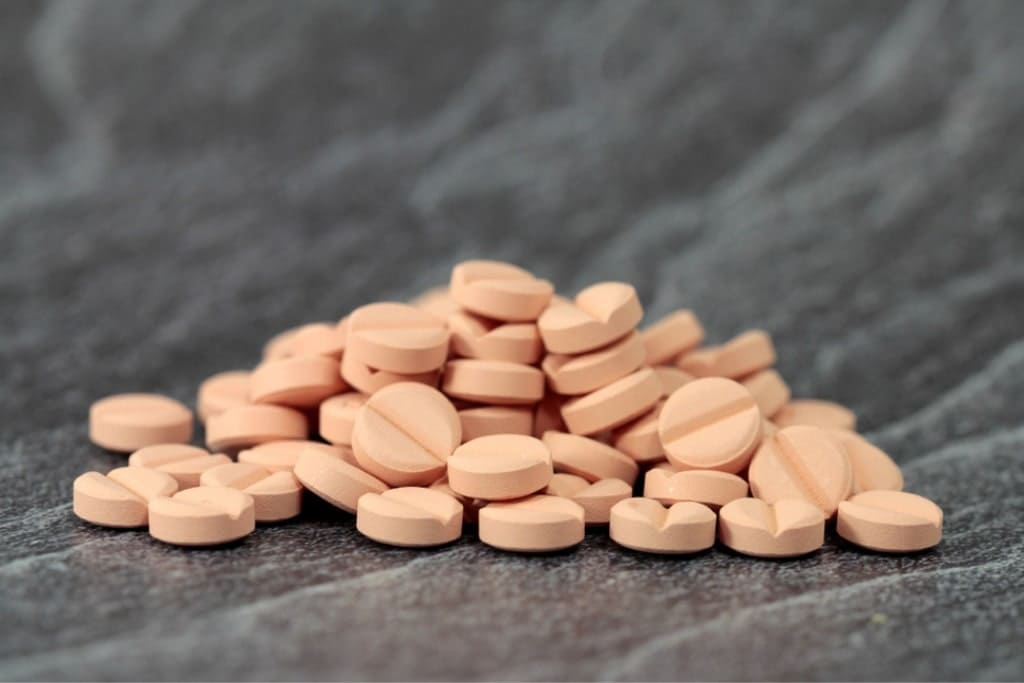On July 13, 2018, the United States FDA (Food & Drug Association) issued its largest ever recall for Valsartan®, also sold as Diovan. This recall comes amid claims that Valsartan® contains a chemical called N-nitrosodimethylamine, a chemical with ties to cancer.
What is Valsartan
Valsartan® is a well-known medication commonly prescribed by doctors and physicians to treat congestive heart failure and high blood pressure. Since its release in 2005, Valsartan® has been sold by Novartis Pharmaceuticals®. In 2012 however, Novartis lost its exclusive patent on Valsartan®, which opened the gates for generic producers to step in.
Unfortunately, many of these generic drug manufacturers attempted to cut corners. One of these generic drug manufacturing companies included Mylan®, who released the first generic version of Valsartan®. Then, to compete with Mylan®, Novartis®, the drugs original creator, also released their own generic version to the public.
Sadly, the manufacturing process of these generic drugs led to them becoming contaminated with NDMA, the cancer-causing agent the FDA released a recall for.
How did Valsartan Become Contaminated with NDMA?
Once Valsartan® could be sold alongside a generic version, pharmaceutical companies began to  outsource production of Valsartan® to China and India to help cut production costs. However, if Valsartan® is manufactured in an acidic environment, the cancer-causing agent (NDMA) becomes a byproduct of a chemical reaction that takes place within the drug during the manufacturing process. The chemical compound NDMA was once used to manufacture rocket fuel but was outlawed due to its negative environmental effects.
outsource production of Valsartan® to China and India to help cut production costs. However, if Valsartan® is manufactured in an acidic environment, the cancer-causing agent (NDMA) becomes a byproduct of a chemical reaction that takes place within the drug during the manufacturing process. The chemical compound NDMA was once used to manufacture rocket fuel but was outlawed due to its negative environmental effects.
If the environment is not acidic enough, then NDEA, another similar carcinogen and cancer-causing agent like NDMA, is also released as a byproduct in the manufacturing of the drug. Due to cost-cutting measures put in place, the environment used to produce generic versions of Valsartan lead to the drug becoming contaminated.
The FDA later stated that:
“We have carefully assessed the valsartan-containing medications sold in the United States, and we’ve found that the valsartan …. does not meet our safety standards. This is why we’ve asked these companies to take immediate action to protect patients” – Dr. Janet Woodcock, FDA Director
It is believed that the first contamination took place in 2015 when some of the drugs overseas generic manufacturers changed their manufacturing process in order to cut costs. The FDA had issued a recall on Valsartan on July 2018.
This is also not an isolated incident with just a few pills becoming contaminated. Unfortunately, many in the scientific community now believe that the majority of all Valsartan® sold around the world is contaminated with cancer-causing agents. Numerous studies from institutions around the world have shown that NDMA ingestion led to cancer development in animals. This includes gastrointestinal cancer, kidney cancer, and liver cancer.
Side Effects of Valsartan Contamination
Scientists and regulatory agencies are still attempting to understand all of the side-effects and injuries that could occur due to impure Valsartan®. It is now widely believed that the contaminants (NDMA and NDEA) are quickly absorbed by the body through the small intestine, which then carries the carcinogens to your liver and blood supply.
Contamination of Valsartan can lead to many side effects for the end-user, including:
- Liver Cancer
- Kidney Cancer
- Liver Damage
- Gastric Cancer
- Kidney Damage
- Colorectal Cancer
What Patients Need to Know
If you have been taking Valsartan® or have taken the drug in the past, you should immediately speak to your doctor about the potential dangers. Patients who consumed the drug should also find out what generic version of the drug they had taken. Thankfully, the FDA website lists all the contaminated lots of Valsartan® that were released on the marketplace.
If you or a loved one have taken Valsartan®, you may have suffered from NDMA contamination. USA Consumer Network can help those that have been impacted by Valsartan® and its generic versions. To get started, schedule a free consultation with an attorney today.

